Research
ELLIS fosters international collaboration across domains, connecting top researchers while investing in the next generation of AI talent.

Members
ELLIS Members are leading scientists in machine learning and AI, shaping Europe's global position in these fields.

About
ELLIS is a network of excellence connecting top AI researchers across European borders to strengthen the leadership of AI made in Europe.


Track:
Academic Track
Primary Advisor
Exchange Advisor
PhD Duration:
February 1st, 2020 - July 1st, 2023
First Exchange:
July 15th, 2022 - January 15th, 2023
Research
About



